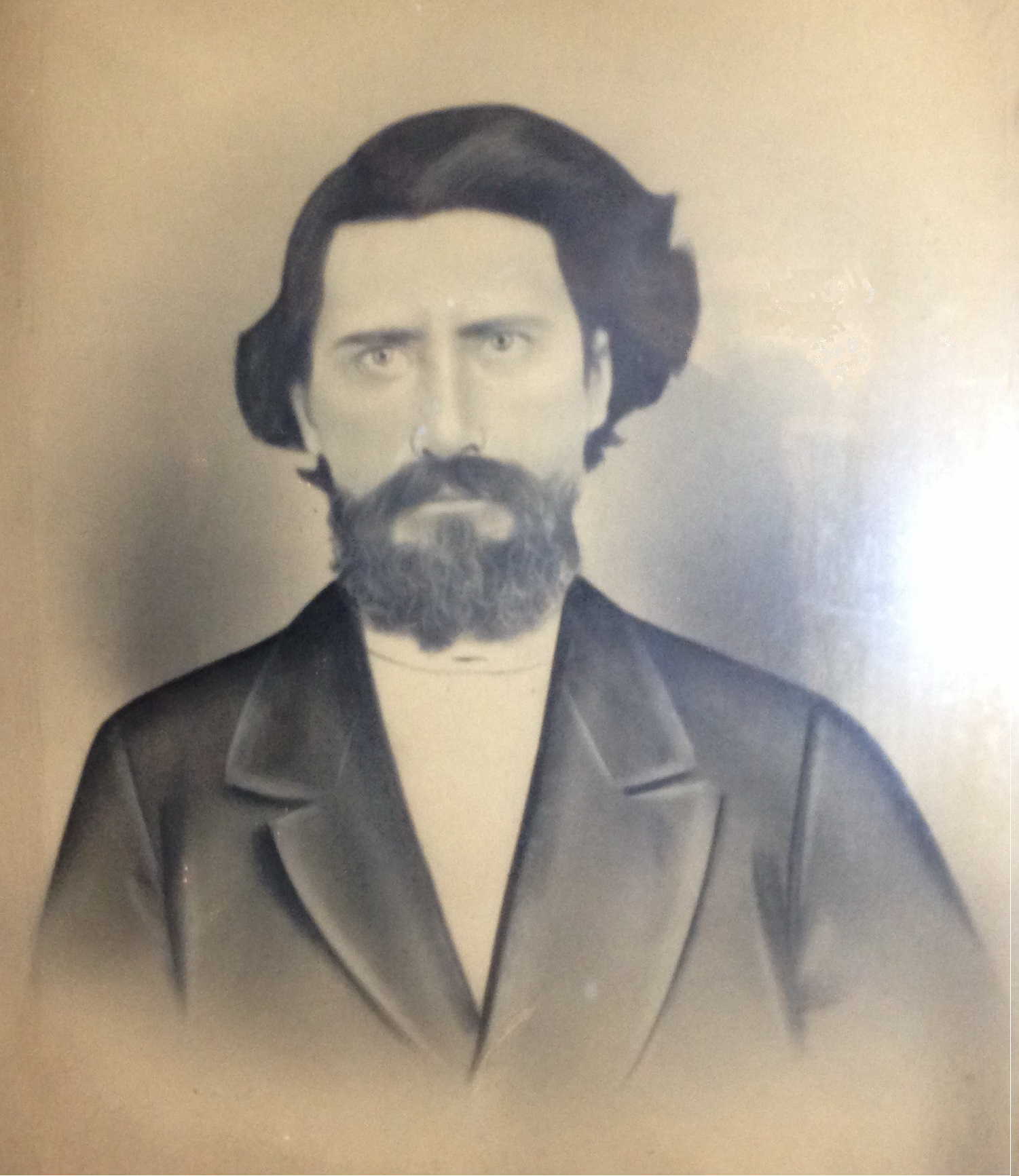1871 Murder
/Isaac Wood 1833 - 1871
As we look back on history it may seem easy to align yourself with one side or another, with one ideology or political agenda. However, when I read about the struggles of our people during The American Civil War I recognize that the choices were not so cut and dried. The Cumberland Plateau lay smack in the middle of two worlds. Without large plantations, a need for slave labor or money to support it, the question of slavery hardly touched the people of the mountains but a fierce independence and memory of persecution in Ireland no doubt drove many to Confederate sympathies. On the other hand, a deep spiritual conviction that no man should be owned by another and strong patriotism no doubt caused others to lean toward the Union.
Champ Ferguson and some of his company
Much has been written about the splits among families and communities as folks allied themselves with North or South. But do we ever think about the back side of the war? What about those who did manage to return from battle? How did they live among neighbors who chose differently? How did communities reunite after men went different directions with many husbands and sons never returning at all?
Tinker Dave Beaty
Two rather famous guerillas from our region were Tinker Dave Beaty and Champ Ferguson. Beaty was from Fentress County, Tennessee and Ferguson hailed from Clinton County, Kentucky – less than 30 miles north. It’s not hard to imagine the men of their companies overlapped in origin significantly. While Beaty may not have been the hero that Grant or Hayes was he had chosen the winning side of the war while Ferguson was hanged as a war criminal – one of only two men who would be tried and executed following the war.
I happened upon a story about Isaac Woods who rode with Tinker Dave Beaty and returned to Jamestown, Tennessee following the war. In 1871 he was gunned down in the street in Jamestown and the family legend says the murderer was one of Ferguson’s men. A September 1871 article in The Nashville Union and American cites a proclamation by then-Governor Senter offering $250 reward for the capture of Stephen Bannon in connection with the crime. I wasn’t able to ascertain whether Bannon was ever tried, but I understand that some of Mr. Woods’ descendants have done extensive research on this story and when that work is publicly available, I’ll certainly pass the information along to you.
As with any story, much is known and reported about the officers and leaders of Civil War units. However, the common man’s story is often lost and I find those to be the most fascinating. While letters and journals have been collected that give hints into the everyday life and thoughts of soldiers, little is written about their struggles in the post-war era.






